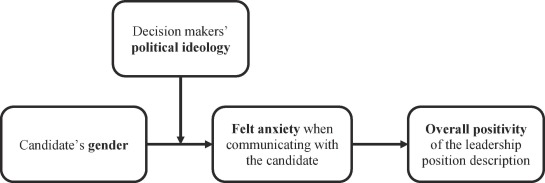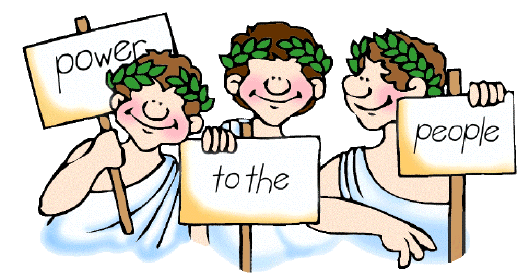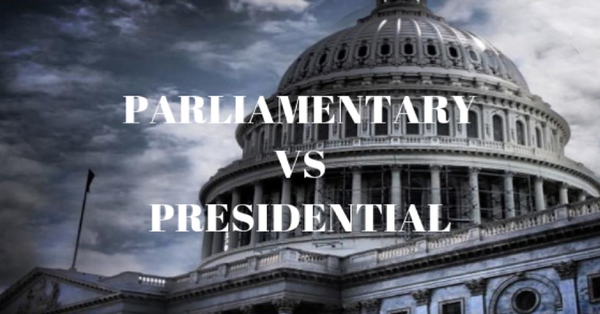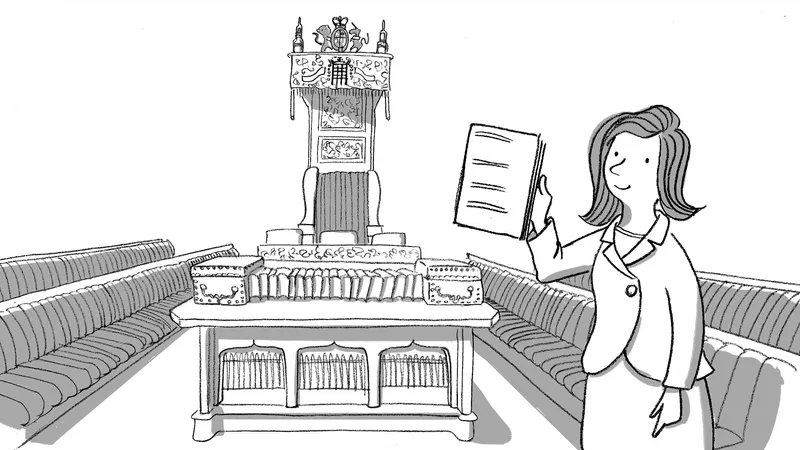A Closer Look at the Lawmaking Process
Learn the legislation process steps, from drafting to passing laws. Discover how laws are made in a simple and clear explanation.

The Intricate Dance of Democracy: Drafting and Passing Legislation
In the intricate dance of democracy, the process of drafting and passing legislation stands as a cornerstone of our political system. With the upcoming Senate races in 2024 and the United Democracy Project political advocacy gaining momentum, it is vital to understand the multifaceted journey that transforms an idea into law. This blog will unravel the intricacies of this process, highlighting the role of political movements, such as the Senate Majority PAC, and the influence of political rallies in shaping our nation's policies.
The Genesis of Legislation
Ideation and Proposal: The journey of legislation often begins with an idea. It could stem from a grassroots political movement, a public outcry, or a strategic decision by a policymaker. In the context of the 2024 Senate races, political movements like the United Democracy Project play a crucial role in shaping the agenda by advocating for specific policies.
Drafting the Bill: Once an idea takes root, it must be transformed into a bill. Skilled lawmakers craft the language of the bill, considering legal, constitutional, and practical implications. This phase requires attention to detail and often involves consultation with legal experts and stakeholders.
The Legislative Process
Introduction: The bill is introduced in either the House of Representatives or the Senate. In the case of Senate races in 2024, candidates from both major political parties will be vying for seats, making the legislative process a focal point of their campaigns.
Committee Review: Bills are referred to committees for thorough examination. These committees consist of experts in various fields who analyze the bill's provisions, debate its merits, and make amendments. The Senate Majority PAC might play a role in lobbying for or against specific bills during this phase.
Floor Debate and Vote: After committee approval, the bill proceeds to the full chamber for debate and voting. Senators, as representatives of their constituents, engage in passionate discussions, reflecting the diversity of perspectives in a democracy. The outcome is determined by a majority vote.
Conference Committee (if applicable): In cases where the House and Senate pass different versions of the same bill, a conference committee is formed to reconcile the differences and produce a final version.
The Influence of Political Movements
Advocacy: Political movement like the United Democracy Project can significantly impact the legislative process. They mobilize public support, organize rallies, and engage in grassroots advocacy to push their agenda. Rallies serve as a powerful tool to gather like-minded individuals and demonstrate the importance of specific legislation.
Lobbying: Political advocacy groups also engage in lobbying efforts, meeting with lawmakers to present their case, provide research, and exert pressure. The Senate Majority PAC, for instance, might support candidates who align with their policy objectives.
The Final Stages
Presidential Signature: If both chambers agree on the bill, it is sent to the President for signature. The President can sign it into law, veto it, or allow it to become law without their signature.
Implementation: Once signed, the law must be implemented. This often involves the creation of regulations, allocation of funds, and coordination among government agencies.
The Ongoing Influence of Legislation
Monitoring and Evaluation: The impact of legislation doesn't end once it becomes law. It is an ongoing process that requires monitoring and evaluation. Government agencies and oversight bodies play a crucial role in ensuring that laws are effectively implemented and achieving their intended goals. Citizens and advocacy groups, such as the United Democracy Project, continue to engage with lawmakers to make necessary adjustments and improvements.
Legal Challenges: Legislation can also face legal challenges in the courts. If a law is believed to be unconstitutional or in violation of existing laws, individuals or organizations can file lawsuits to challenge its validity. This legal aspect adds another layer of complexity to the legislative process, emphasizing the importance of crafting well-researched and legally sound bills.
The Role of Political Movements in Shaping the Future
Elections and Accountability: Senate races in 2024 will not only determine the composition of the Senate but also influence the legislative agenda for years to come. Political movements like the United Democracy Project and the Senate Majority PAC will continue to be active in supporting candidates who align with their policy priorities. Elections serve as a powerful mechanism for holding lawmakers accountable for their positions and actions on critical issues.
Changing Dynamics: As the political landscape evolves, the priorities and dynamics of political movements may shift. New issues may arise, requiring innovative legislative solutions. This adaptability is a hallmark of a vibrant democracy, where the legislative process remains responsive to the changing needs and aspirations of the people.
The Continuous Cycle of Democracy
In conclusion, the process of drafting and passing legislation is a complex, multifaceted journey that reflects the essence of democracy. It involves not only the careful crafting of laws but also the active engagement of political movements, advocacy groups, and citizens. The upcoming Senate races in 2024 and the ongoing efforts of organizations like the United Democracy Project and the Senate Majority PAC underscore the enduring significance of this process in shaping our nation's future.
As citizens, our role in this process is pivotal. We have the power to influence legislation through our voices, votes, and active participation in advocacy efforts. By understanding the process and actively engaging with our elected representatives, we can ensure that our democracy remains a vibrant, responsive, and representative system that continues to address the evolving needs and challenges of our society.
The drafting and passing of legislation are not static events but rather an ongoing cycle within the broader context of democracy. It is a reflection of our collective aspirations, values, and commitment to the principles upon which our nation was founded. In this ever-evolving journey, we, as citizens, have the privilege and responsibility to shape the course of our democracy and the laws that govern us.
What's Your Reaction?















